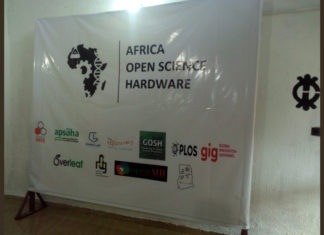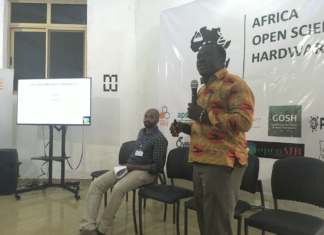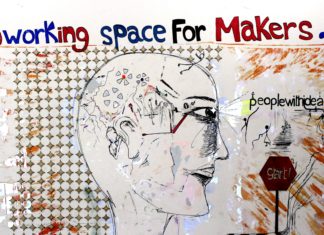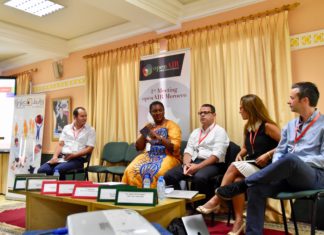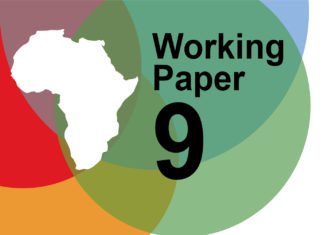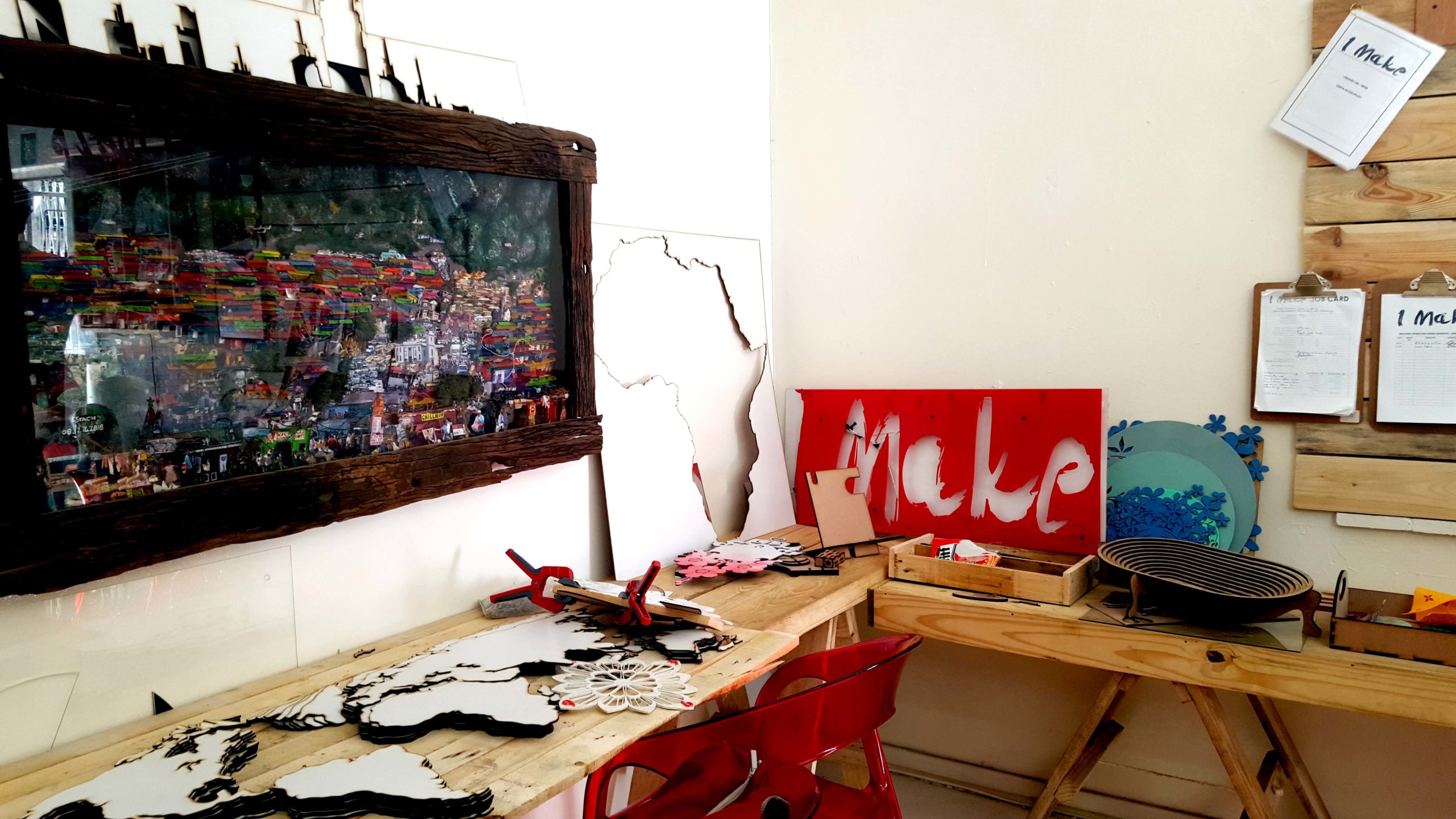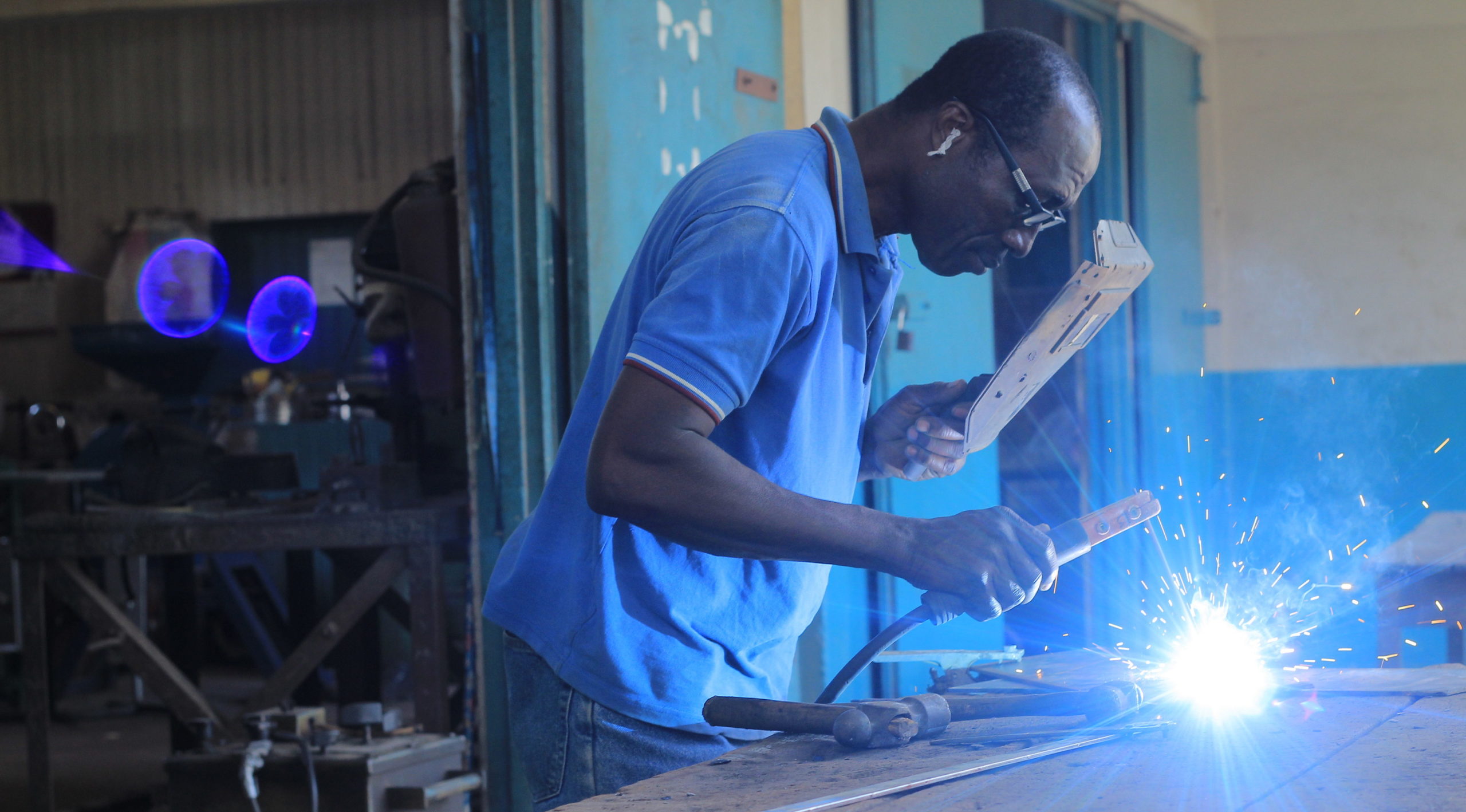Making at AFRICAOSH Summit 2018
By Outlwile Maselwanyane
The first gathering for Africa Open Science & Hardware (AfricaOSH) was hosted by Kumasi Hive innovation hub, Kumasi, Ghana, on April 13-15...
Maker spaces in developing countries: Sites of innovation despite simultaneous challenges
by Mohamed Hosny
In the past few years, there have been several initiatives to help entrepreneurs introduce new creative and innovative products that break from...
Historic Gathering of Africa’s Open Science Hardware (OSH) Innovators – the...
By Chris Armstrong
Open AIR was privileged to be a supporting partner of the inaugural AfricaOSH Summit, held 13-15 April 2018 at the Kumasi Hive...
Egypt’s New Investment Law: Creating Better Opportunities for Small Businesses?
By Sarah El Saeed
The Egyptian Government has begun in pushing through a fiscal and monetary reform plan that includes various unpopular austerity measures. In...
Financing of Innovation
By Eslam Shaaban
For decades, Kodak was a global giant in the photography industry all over the world. Over the past decade, however, their...
Open AIR Expansion into Morocco
By Sara Yassine
Over the past six months, the Research Laboratory Entrepreneurship and Management of Organizations (LABO-EMO) and Open AIR have been looking at ways...
A Scan of South Africa’s Maker Movement
This paper sets out findings from a national scan of maker collectives in South Africa. The scan gathered data on more than 20 maker communities across five South African provinces.
Africa’s Maker Movement: An Overview of Ongoing Research
Makerspaces are places where people gather to build projects, learn new technologies, and develop entrepreneurial opportunities. Open AIR is conducting research on makerspaces across the African continent.
Chapitre 2: Cadres d’analyse de l’innovation africaine : l’entrepreneuriat, l’économie informelle...
Jeremy de Beer, Izabella Sowa et Kristen HolmanDate de publication: septembre 2017Télécharger: Chapitre 2: Cadres d’analyse de l’innovation africaine : l’entrepreneuriat, l’économie informelle et...
Strengthening innovation support systems at Ghana’s Suame Magazine
In my previous blog on skills development and innovation at Ghana’s Suame Magazine, I showed how the high level of collaboration and sharing of knowledge and skills within the cluster is contributing to innovation. Further, I provided some preliminary findings on the inability of these artisans’ to keep pace with the changing technology landscape. I also found that few artisans expressed interest in joining or maintaining a membership with local trade associations due to these associations’ inability to implement their key mandate of skills development and facilitation of business for members and firms.

